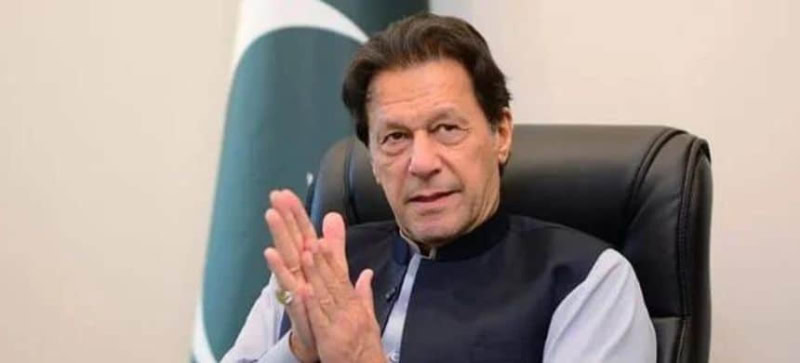On Friday, the Supreme Court of Pakistan ruled that Imran Khan’s Pakistan Tehreek-i-Insaf (PTI) is eligible for reserved seats for women and minorities, marking a significant setback for Prime Minister Shehbaz Sharif’s coalition. The decision came from a 13-member bench led by Chief Justice Qazi Faez Isa.
Previously, the court had postponed its decision after hearing appeals from the Sunni Ittehad Council (SIC), which contested the denial of these seats by the Peshawar High Court and the Election Commission of Pakistan (ECP). PTI candidates had run as independents in the February elections after losing their party symbol and later formed a coalition with the SIC.
Read more: Barrister Gohar Stated That PTI Was Revived Today Due To Supreme Court Verdict
The Supreme Court annulled the Peshawar High Court’s decision and deemed the ECP’s ruling unconstitutional. It stated that the ECP’s March 1 order was beyond its authority and had no legal effect. The court also affirmed that the lack of an election symbol does not impact a party’s right to participate in elections and field candidates.
The ruling confirmed that PTI is recognized as a political party that won seats in the 2024 General Elections, with 39 candidates elected. The decision, reached by a majority of eight judges, emphasized the constitutional rights of political parties.
In response, PTI members celebrated the verdict and called for the resignation of Chief Election Commissioner Sikander Sultan Raja for constitutional violations. Various PTI leaders expressed their support for the ruling, highlighting the fight for democracy and justice.
Law Minister Azam Nazeer Tarar criticized the ruling, arguing it deviated from a straightforward interpretation of the Constitution. The controversy began when the ECP ruled against the SIC’s claim to reserved seats due to legal issues, leading to further appeals and court hearings.
Ultimately, the Supreme Court’s ruling has significant implications for the allocation of reserved seats among political parties in the future.









